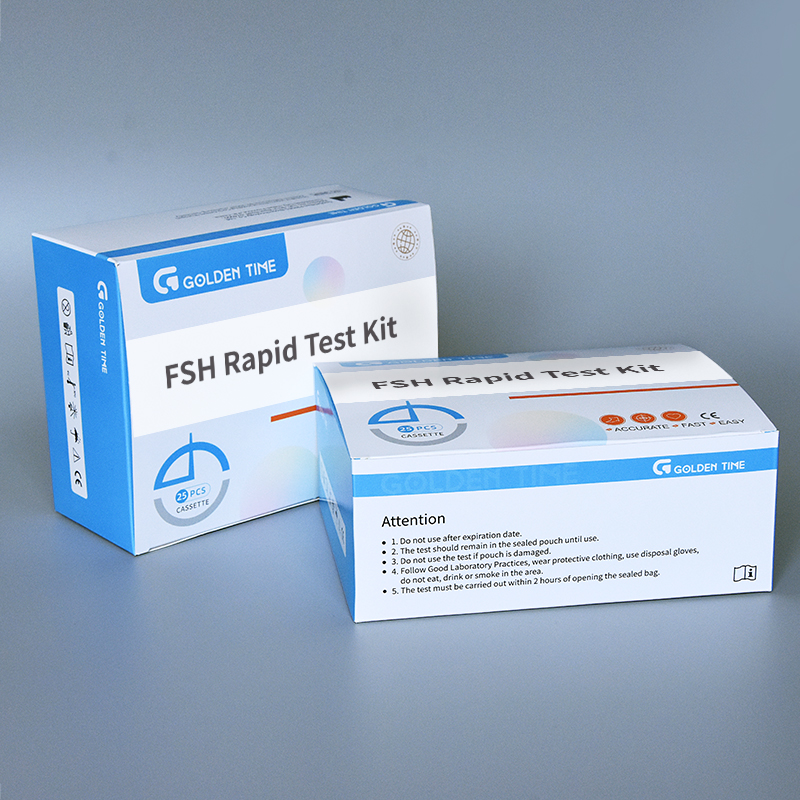Aug . 03, 2024 02:38 Back to list
Home Testing for COVID Antibodies Affordable Solutions for Understanding Your Immune Response
At-Home COVID-19 Antibody Testing Understanding the Importance and Implications
In the ongoing battle against COVID-19, understanding immunity has become a crucial aspect of managing public health. Among the various methods available for assessing immunity, at-home COVID-19 antibody testing has gained significant attention. These at-home tests provide individuals with a way to determine whether they have been exposed to the virus and have developed antibodies in response. This article explores the importance of at-home COVID-19 antibody testing, its implications for individuals and public health, and considerations for its use.
At-home COVID-19 antibody tests are designed to detect specific antibodies (IgM and IgG) in the blood. These antibodies indicate whether a person has been infected with the virus at some point, even if they were asymptomatic. The convenience of conducting such tests at home allows for greater accessibility, particularly for people who may hesitate to visit a healthcare facility due to fear of exposure or limited mobility.
At-Home COVID-19 Antibody Testing Understanding the Importance and Implications
For public health, large-scale antibody testing can provide invaluable data. By analyzing the rates of antibody presence in the general population, health officials can gauge the extent of past infections and assess community immunity. This information can inform public health strategies, including vaccination campaigns and decisions regarding social distancing measures. Additionally, widespread testing can help identify trends and hotspots of COVID-19 activity, leading to more effective resource allocation.
covid antibody at home test

However, while at-home antibody tests offer convenience, they do come with limitations and considerations. One of the primary concerns is the accuracy of the tests. Not all tests are created equal, and there can be variability in sensitivity and specificity. False positives and negatives are possible, which can lead to misinterpretation of results. Therefore, anyone considering an at-home antibody test should choose a product that has received Emergency Use Authorization (EUA) from the Food and Drug Administration (FDA) or similar regulatory bodies.
Moreover, individuals taking these tests should be aware of the timing. Antibodies typically take days to weeks to develop following infection, meaning that testing too early can result in a negative result even if one has been infected. It is also essential for testing to be conducted in conjunction with guidance from healthcare professionals, particularly if the results may influence decisions about behavior or vaccination.
Another critical aspect to consider is that antibody testing is not a substitute for diagnostic testing for an active infection. Individuals who are currently experiencing symptoms or who have been exposed to someone with COVID-19 should seek polymerase chain reaction (PCR) or rapid antigen tests to determine if they are currently infected.
In conclusion, at-home COVID-19 antibody testing represents a valuable tool in the ongoing management of the pandemic. It offers individuals insight into their past exposure to the virus and contributes to public health knowledge. However, users must navigate the landscape of these tests with caution, keeping in mind their limitations and seeking professional advice where necessary. Ultimately, these tests are just one piece of a larger puzzle in understanding and combatting COVID-19, emphasizing the need for continued vigilance and adherence to public health guidelines.
-
Dengue NS1 Rapid Diagnostic Test Kit
NewsMar.07,2025
-
Dengue NS1 Rapid Diagnostic Test Kit
NewsMar.07,2025
-
Dengue NS1 Rapid Diagnostic Test Kit
NewsMar.07,2025
-
Transferrin Rapid Test Cassette Tumor Marker TF Card
NewsMar.07,2025
-
Malaria Pf Pan Rapid Diagnostic Test Kit
NewsMar.07,2025
-
malaria pf / pan ag rapid test
NewsMar.07,2025

